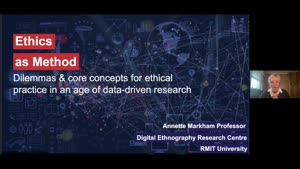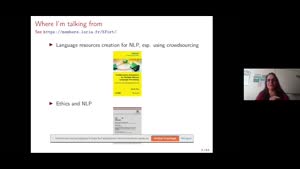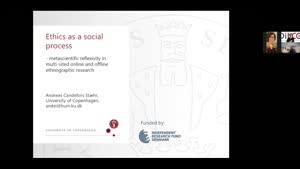Transmodal messenger interactions - The sequential ordering of text and audio postings in WhatsApp chats: DiLCo Lecture Series 2022 (16 June) - Katharina König - Universität Hamburg
- Lecture2Go
- Videokatalog
- F.5 - Geisteswissenschaften
- Sprache, Literatur, Medien (SLM I + II)
- Digital language variation in context (DiLCo)
Videokatalog
Transmodal messenger interactions - The sequential ordering of text and audio postings in WhatsApp chats: DiLCo Lecture Series 2022 (16 June)
There is an accompanying handout to the lecture, which you can find in the download area below.
While messenger chats have long been described as multimodal – usually referring to the integration of emojis, hyperlinks or images into text-based dialogues –, the introduction of voice messaging to posting-based digital communication has ‘changed the game’ profoundly: Nowadays messaging apps such as Signal, WeChat or WhatsApp enable users to combine written and spoken language in a single chat interface (König 2019). With the concept ‘transmodal interaction’, I would like to highlight that the mutual exchange of text and voice messages is sequentially ordered. That is, comparable to turns in spoken conversations, successive postings build on one another (Schegloff 2007): They make particular responses relevant or they document how a prior posting was understood – resulting in a (at least largely) coherent structure of temporally ordered contributions. However, studies in digital conversation analysis (Giles et al. 2015) show that messaging chats afford a particular temporality, which may lead to ruptures in the ordering of postings, as discourse participants are never fully synchronised (Beißwenger 2008; Meredith 2019; Herring 1999; Garcia and Baker Jacobs 1999). Building on a corpus of mundane German transmodal WhatsApp chats, the talk will address how users establish sequential coherence between text and audio postings under such circumstances. Moreover, it will outline how choice of modality is utilized as a communicative resource.
Dr. Katharina König is a lecturer for German linguistics at the University of Münster, Germany, where she is the coordinator of the Centre for Language and Interaction. She obtained her doctoral degree from WWU Münster in 2013 with a thesis on language attitudes towards multilingualism in qualitative interviews. Her current research focusses on the interactional analysis of mobile messaging (in particular the sequential unfolding of transmodal WhatsApp dialogues) and the grammar of language in interaction (with a special interest in the use of question tags and discourse markers in German mundane conversations and voice messages). Together with Michael Beißwenger, she has led the project “research-based learning with digital resources” (funded by a Stifterverband fellowship), which enabled the inclusion of voice messages in the Mobile Communication Database, a web-based corpus resource for mobile messaging.
DiLCo Lecture Series 2022 aims to showcase cutting edge international research on digitally language and communication by both senior and younger researchers from across the world. We wish to present research that explores digital language and communication by drawing on key concepts and topics in socio-cultural linguistics, such as community, context, identity, mediated interaction, multimodality, and linguistic change. We particularly welcome presentations of innovative methods that cut across traditional disciplinary boundaries.
---
DiLCo (‘Digital language variation in context’) is a 3-year international research network initiated in 2021 at the University of Hamburg. The network brings together researchers from Europe and USA with expertise in computational, interactional, and ethnographic approaches to digital language and linguistics. It aims to provide a platform for the development of interdisciplinary ideas in digital language and communication research, and for early-career capacity building.

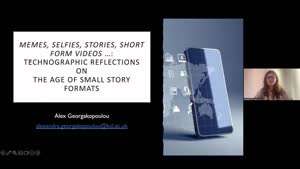
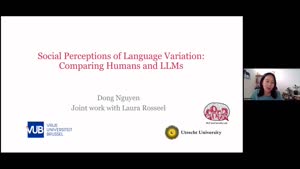
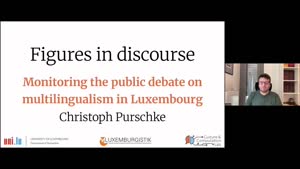
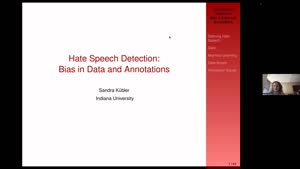
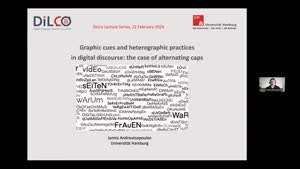
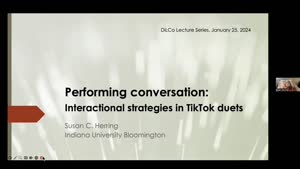
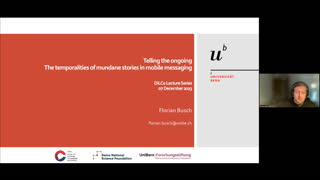
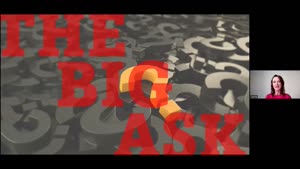
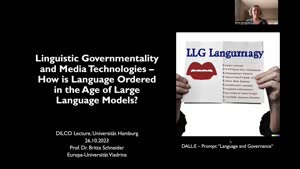
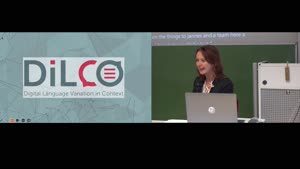
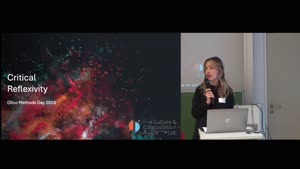
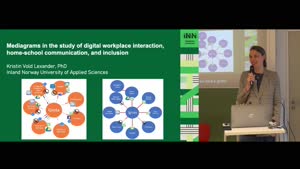
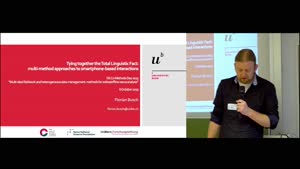
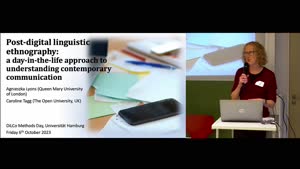
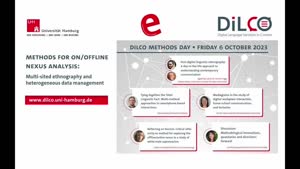
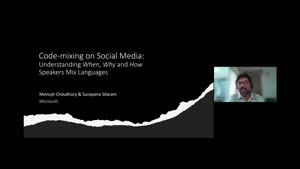
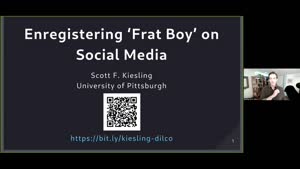
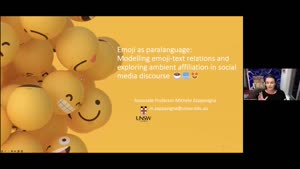
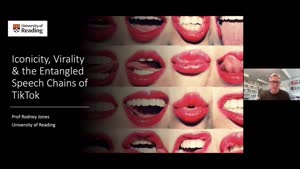
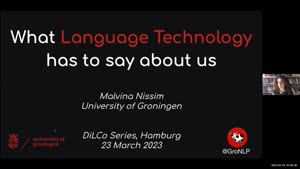
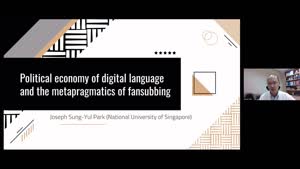
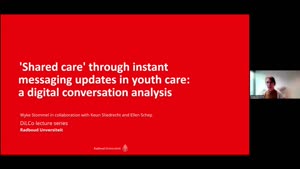
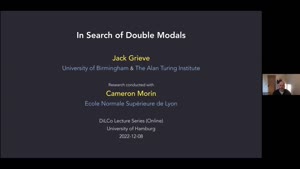
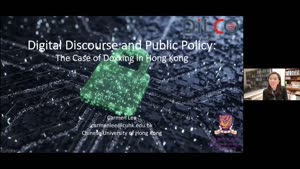
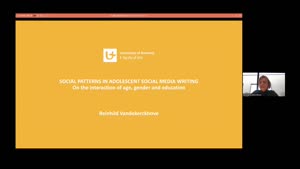
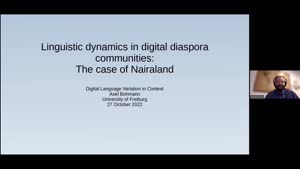
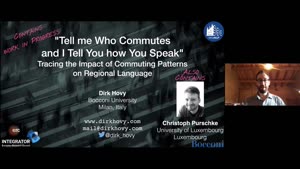
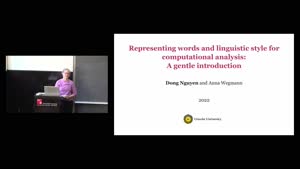
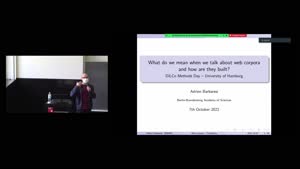
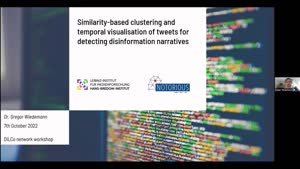
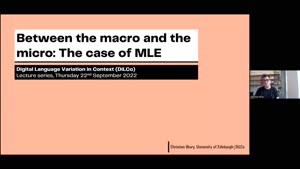
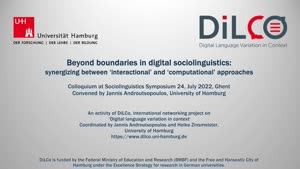
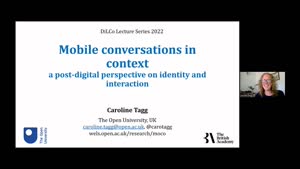
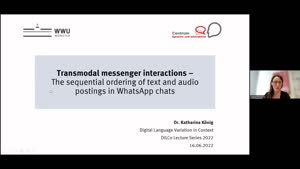
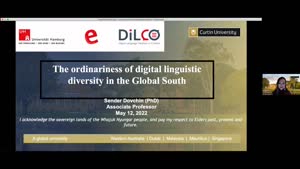
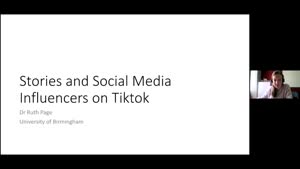
![Miniaturansicht - Graphic Prosody and political discourse on Greek Reddit [Presentation in Greek]](https://lecture2go.uni-hamburg.de/images/00.000_video-61074_2022-03-30_18-30_m.jpg?lastmodified=1663761108652)
